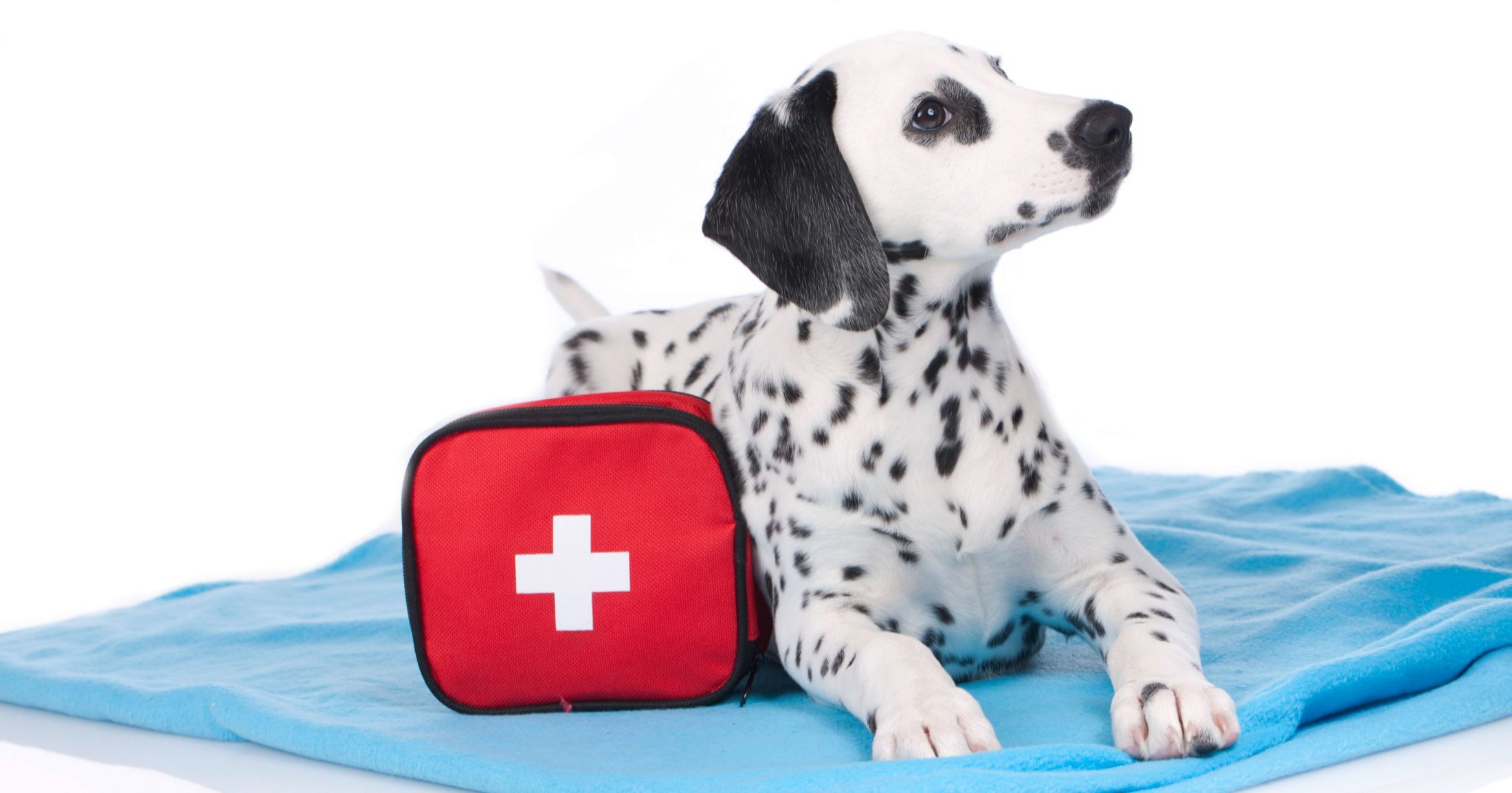
Experiencing a true emergency is not on any pet lover’s bucket list. Unfortunately, these things can happen. Taking a little time to understand first aid and emergency care for animals and organize yourself and your family can make all the difference if you ever experience one. True Care Veterinary Hospital wants to help ensure that your emergency pet care knowledge is ready to go, just in case.
Recognizing a Pet Emergency
Sometimes it is hard to know if something is a true emergency or simply urgent. When do you rush in versus scheduling an appointment later in the week?
Some things always constitute immediate care. Your pet should be seen immediately if they:
- Are having trouble breathing
- Collapse or faint
- Are having seizures (for the first time or seizures lasting over five minutes or clustering together)
- Have a problem with one or both eyes
- Have experienced known trauma such as a dog fight or being hit by a car (even if there are no visible injuries)
- Are having significant bleeding
- Suddenly start limping
- Cannot urinate or defecate
- Have exposure or suspected exposure to a toxin
- Experience vomiting or diarrhea more than once in a 24 hour period
- Have a sudden change in personality
- Are having trouble having puppies or kittens
This list is not all-inclusive, and it is never wrong to have your pet seen if you have concerns. It is always better to be proactive with a problem than to wait too long.
Putting Together an Emergency Pet Care Kit
All pet owners should have an emergency pet care kit at their disposal. Some basic first-aid supplies can be very helpful when dealing with a sick or injured animal. Consider putting together the following items in an easy to transport container such as a duffel bag or small tackle box.
- Thermometer (regular digital works well)
- Lubricant (KY Jelly)
- Small pair of scissors
- Tweezers
- Flashlight and batteries
- Bandaging supplies (roll gauze, cohesive wrap, tape)
- Latex gloves
- Antiseptic solution (chlorhexidine or povidone iodine)
- Hydrogen peroxide
- Sterile saline
- Antibiotic ointment
- Artificial tears
- Karo syrup
- A muzzle
- A slip lead
- Diphenhydramine (generic Benadryl)
- Your pet’s medical records
- Contact information for us, pet poison control, and local emergency options
Talk to us about other recommendations that may be helpful to have on hand for your particular pets.
Other Important Preparation Tips
One of the key tenets of emergency pet care is not to panic. Thinking through what actions you might take in different situations can be really helpful should you experience trouble in real life.
In a pet emergency, remember to:
- Call us if possible so that we can prepare for your arrival and provide any pertinent care instructions
- Utilize local 24 hour emergency hospitals such as NorthSTAR Vets when we are not available
- Take a moment to assess the situation. Consider pet CPR if appropriate or utilize your emergency pet care kit if necessary. Consider taking a pet CPR class so that you are prepared.
- Use caution when moving or transporting a sick or injured animal. Remember even the nicest animal may bite when scared or hurt.
- Avoid handling a sick or injured pet more than absolutely necessary.
- Bring along any packaging or labels you might have in the case of a potential toxin exposure.
- Avoid giving your pet any medications unless under the direct guidance of a veterinarian.
While we hope that you never have to test your emergency pet care skills, we hope that a little education and planning will help you to navigate whatever situation is thrown your way. Pet emergencies can be scary, but having a plan makes things a little easier and helps ensure that your pet gets the care that they need.

